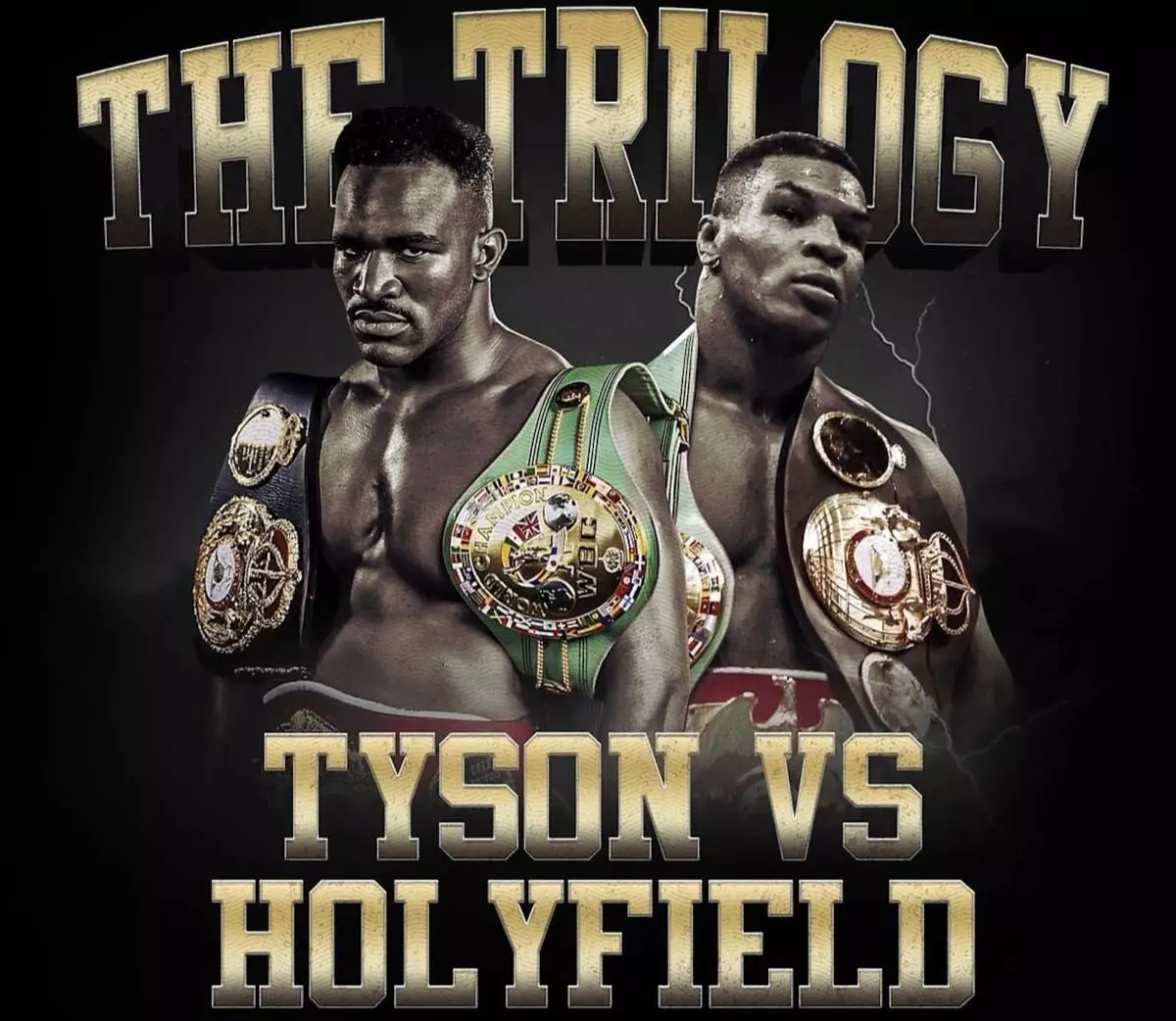The world of boxing has long been a realm of titans—a sport defined by strength, strategy, and the raw will to win. However, the recent turn of events in this beloved arena raises compelling questions about the boundaries of age, legacy, and the spectacle that unravels before us. The sight of a 58-year-old Mike Tyson stepping into the ring against YouTuber Jake Paul shocked many fans who thought they had seen the last of such odd matchups. The disappointment of witnessing Tyson, once the epitome of ferocity, struggle in the ring against a younger opponent spurred a series of reflections.
After the fight with Paul, one could only hope that Tyson would call it a day for good. His performance was a stark reminder that time is undefeated in the fight game. While Paul, a creature of social media fame, continues to chase novelty and relevance through future bouts—some eerily suggested by competitors like Daniel Dubois—the sentiment echoed around the boxing community suggests deep concerns about the trend where aging legends are lured back into the ring.
Much to our dismay, it seems that this peculiar pattern is not yet over. Evander Holyfield, Tyson’s former adversary, reignited discussions of their storied rivalry by marketing a fictitious “Unfinished Business” trilogy fight. At 62, Holyfield is no stranger to the harsh realities of boxing; having been embarrassed in his last bout against Vitor Belfort, one might question his mindset. The absurdity of a match between two fighters whose combined ages nearly eclipse 120 years is enough to make any sane boxing fan cringe.
The mock fight poster Holyfield shared read, “The fans want it,” a phrase that struck many as ironic. The reality is that most sensible fans do not want to watch two legends succumb further to the ravages of time and the sport. Tyson’s heartfelt response—“I love you brother, but the trilogy is our friendship”—indicates a wisdom on his part that Holyfield seems to lack. It’s a reminder that boxing is not just about the bouts themselves but also about the health and legacy of the fighters involved.
Notably, the optics of such fights can be likened to a circus act rather than a serious sporting event. As fans, we must ask ourselves: Is this what we wish to witness? Boxing should uphold the dignity of its historical significance, which makes the continued participation of aging fighters in ludicrous matchups detrimental to its reputation.
Safety First: The Concern for Fighter Health
Meanwhile, while concern about extraordinary matchups lingers in the air, there are still fighters like Oliver McCall—who will also be stepping back into the ring at 59—raising more alarms regarding the safety of aging competitors. Scheduled to face fellow veteran Stacy Frazier, McCall is determined to reach a milestone of 40 years as a professional boxer. The very idea speaks to both dedication and recklessness; boxing is not a sport that simply cares for its participants in their twilight years.
The hope here, as with Tyson’s bout, is that both McCall and Frazier will emerge without serious injury. The line between sport and spectacle grows thinner with every passing fight, as supporters of boxing voice their dissent against such matchups. Proponents argue that these fighters still have a right to pursue their passions, but the ethical dilemma remains: how much are we willing to witness for entertainment’s sake at the cost of fighter welfare?
As we witness the ongoing evolution of boxing, the juxtaposition between reverence for its historic icons and the absurdity of mismatched bouts continues to challenge our sensibilities. While the allure of nostalgia plays a powerful role in these spectacles, the fight community must advocate for the sport’s dignity and the safety of its athletes. It is essential to recognize that legends of the ring should be celebrated—not subjected to questionable circumstances—preserving the integrity of what boxing truly represents. As new chapters unfold, the boxing world must tread carefully in balancing entertainment with respect for both the sport and its storied history.


Leave a Reply